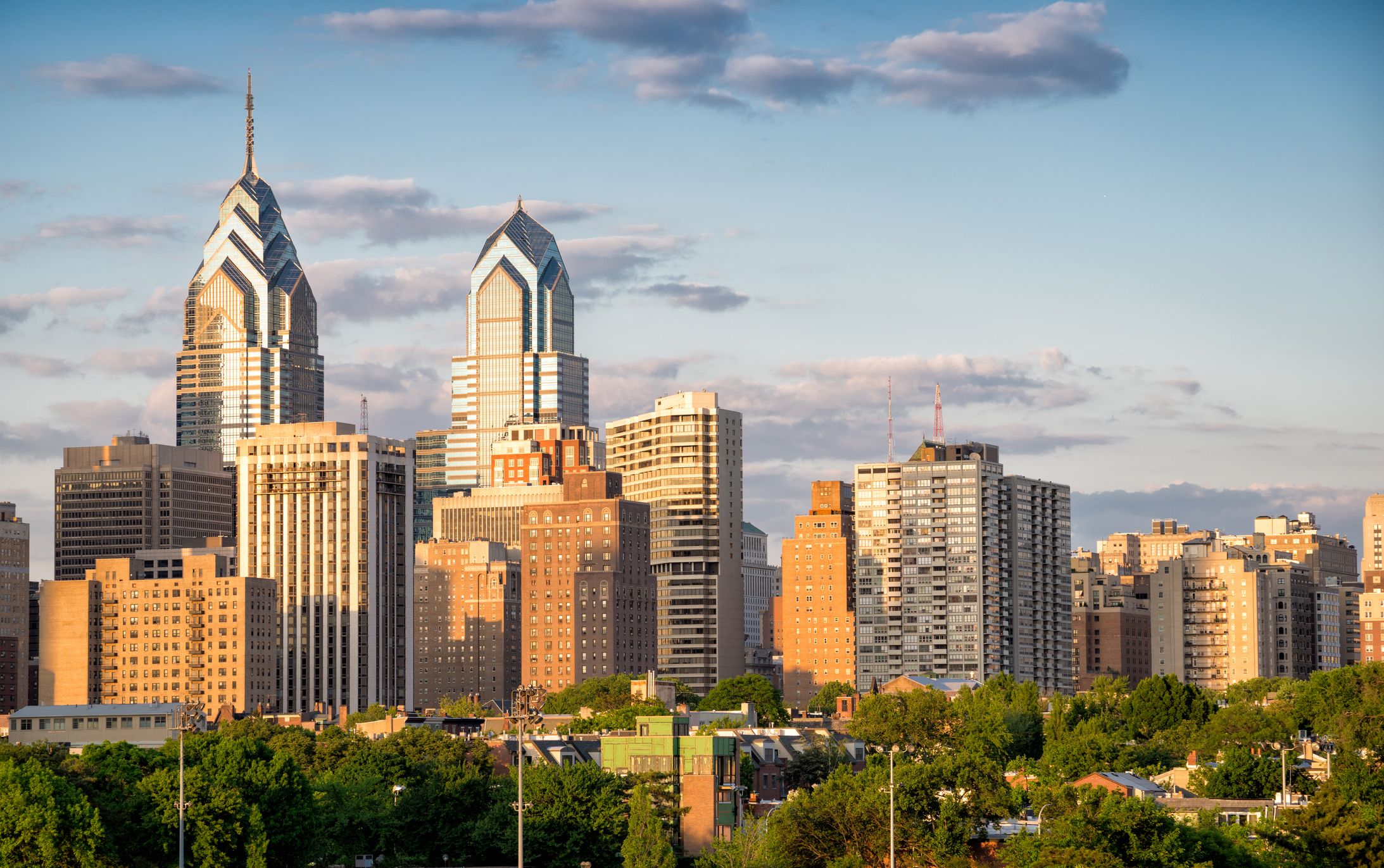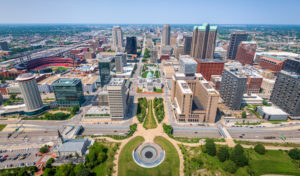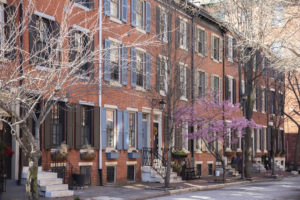
New Philadelphia policies demonstrate the challenges of local regulation.
If President Donald Trump has his way, the federal government is unlikely to enact many new regulations over the next few years. Because of this, Americans may see more efforts by local governments to impose their own regulations.
But local regulators face many obstacles that do not affect their counterparts at the state and federal levels to the same extent. Two regulations that the Philadelphia city government recently enacted—a soda tax and a restriction on tobacco sales—illustrate the challenges of local-level regulation.
In January, Philadelphia’s “soda tax” went into effect. The controversial ordinance imposes a 1.5 cent tax per ounce on sugary drinks, including soda and sports drinks with revenue collected from the tax used to fund an expansion of the city’s pre-kindergarten education program. The tax has already had a substantial impact: the city collected $6.4 million in February, while soda retailers have reported a “30 to 50 percent drop in beverage sales.”
Meanwhile, the Philadelphia Board of Health recently adopted new regulations on tobacco retailers in Philadelphia. Among other things, the regulations limit the number of tobacco retailer permits doled out by the city in each of Philadelphia’s 18 geographic planning districts. Stores cannot sell tobacco products without a permit, and the new regulations allow only one permit to be issued for every 1,000 people residing in each planning district. In the 12 districts that currently have more than one tobacco retailer per 1,000 people, retailers will be barred from selling their permits if they sell their stores. This may mean that the stores themselves will be worth much less, at least according to arguments advanced by business owners.
Both the soda tax and the tobacco regulation offer reasons why other cities may hesitate to follow Philadelphia’s lead.
First, local regulations, like their state and federal counterparts, impose costs on businesses. In the case of municipal regulation, the local community is likely to have comparatively closer ties with the affected businesses and is therefore also more likely to provide sympathy to them. For example, at a recent Philadelphia City Council committee hearing on the tobacco regulation, City Controller Alan Butkovitz testified that tobacco sales make up over a third of overall sales for more than 1,000 small businesses in the city. Butkovitz suggested that many of these stores would likely go out of business if they lost their permits. As he spoke, a number of local business owners in attendance applauded his testimony.
Businesses have also complained of lost profits and jobs due to the soda tax. PepsiCo, for instance, announced in March that it would be laying off as many as 100 of its 423 employees in Philadelphia because of reduced sales. In addition, a local supermarket chain owner said 300 of his employees had left their jobs after their hours were reduced due to lost revenue.
Philadelphia businesses have not accepted either of the new regulations without a fight. Before the tobacco retail regulation was finalized, Wawa, a convenience store chain with a major presence in Philadelphia, persuaded the health board to amend a key provision of the regulation after it “threatened to cease opening stores in the city.”
Meanwhile, beverage companies and local retailers have been fighting the soda tax at every turn. After pouring money into lobbying against the soda tax, soda companies are now waging public relations battles with the city. For example, when PepsiCo first announced possible layoffs in Philadelphia, it also promised to “bring people back to work” if the city reversed the tax. In response to the layoff announcement, Philadelphia Mayor Jim Kenney‘s office accused PepsiCo of “holding hostage the jobs of hard-working people in their battle to overturn the tax.”
Regulation at any level of government often leads to lobbying, job losses, and corporate backlash. But cities may not always have the resources to respond to these impacts in an adequate manner. Also, local business owners often garner much more sympathy from the local community than do large corporations. In the city council hearing on the tobacco regulation, for instance, Butkovitz noted that the store owners are not wealthy tobacco moguls; they are “people that struggle night and day” to make a living.
Therefore, city officials who are wary of appearing hostile to “struggling” small business owners will probably keep in mind the backlash that Philadelphia has experienced with these regulations.
Meanwhile, when it comes to regulation through taxation, another concern for local governments is that consumers will “have a strong incentive” to avoid paying the tax by buying the taxed items—like soda—from stores outside of city limits. And indeed, some soda customers in Philadelphia may be doing just that.
Because many residents can easily travel outside of a city to avoid paying a local tax, local regulators are at a distinct disadvantage compared to federal and state governments—since many people would have to travel much farther to leave a state or the country.
Finally, cities face a unique risk whenever they enact regulations: intervention by the state legislature. Although many states give cities wide latitude to set local policies, state governments may push back when legislators disagree with a city’s efforts. For example, in Pennsylvania, several legislators have filed a brief in support of a lawsuit challenging Philadelphia’s soda tax, arguing that it violates a state law that “prohibits Philadelphia from taxing any subject already subject to taxation by the Commonwealth.” The lawsuit is awaiting a decision by an appellate court after a Philadelphia judge rejected the challenge last December.
But even if current state law allows certain local regulations, legislators can always change state law. In the Pennsylvania State Senate, for instance, legislators have introduced bills to override Philadelphia ordinances regulating gender pay equality and sick leave.
Local lawmakers always operate in the shadow of a higher authority, meaning any effort to regulate at the municipal level can be called into question or even overridden at the state level. So far, though, that uncertainty has not deterred Philadelphia lawmakers.



